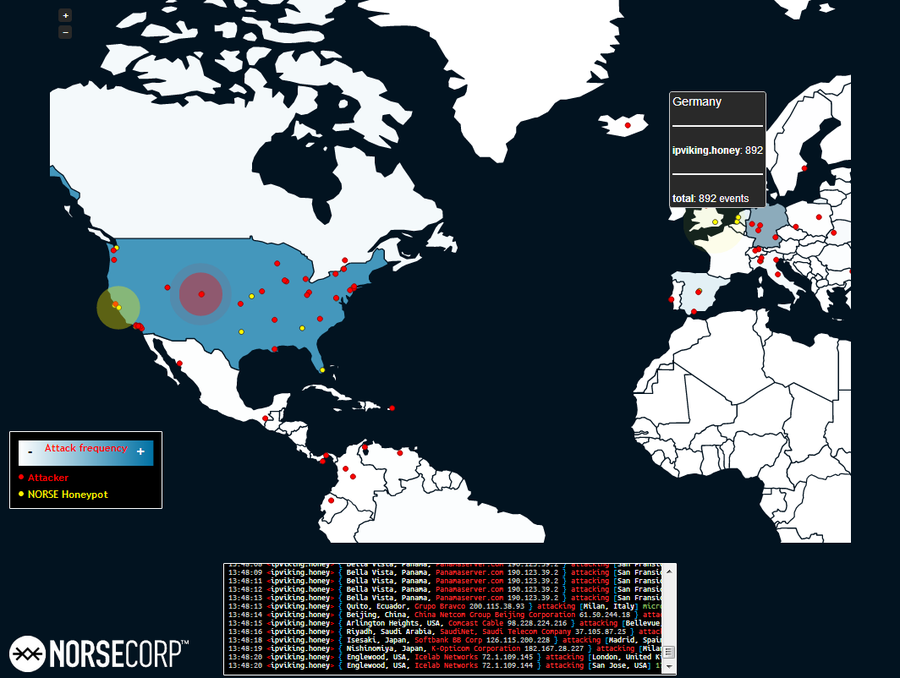How to Prevent the Next Edward Snowden | Foreign Affairs
Jared Sperli stashed this in security
Stashed in: Privacy!, Wikileaks
The most obvious place to start is restricting access for contractors such as Snowden. After 9/11, the intelligence agencies rapidly expanded their workforces and had to contract out some roles to fill gaps, including in language and technical skills such as building and operating surveillance drones. According to The Washington Post, contractors now constitute roughly 30 percent of the intelligence community’s workforce and some 70 percent of its budget. That is too much. Intelligence collection and analysis are inherently sensitive tasks that should be reserved primarily for federal employees who have been more extensively vetted and trained than is typical of contractors.
Yet even the intelligence community’s own vetting and hiring processes are due for a change. Personnel practices continue to be designed, above all else, to weed out potential security risks -- not necessarily to recruit the most qualified analysts or case officers. These practices have not prevented damaging leaks of information; they have, however, made it exceedingly hard to hire “hyphenated” Americans -- the very citizens who might be helpful in intelligence operations against China or Iran. And, as the Snowden and Manning cases have shown (along with those of a whole slew of other homegrown traitors ranging from Robert Hanssen, the FBI agent who spied for the Soviet, then Russian, intelligence services for 22 years, and Aldrich Ames, the CIA officer whose nine years of spying for the Soviet Union and Russia was outmatched only by Hanssen’s), the assumption that naturalized citizens are somehow more likely to be compromised than native-born hires is deeply flawed. Foreign-born personnel do work and excel throughout the community, but it is more difficult for them than it should be.
Not only should the intelligence community hire more foreign-born Americans with language and cultural knowledge, it should also hire more mid-career professionals, who have had extensive and direct experience in a target country, whether through academia, business, charity, journalism, or in some other capacity. That runs counter to the community’s long-standing preference for hiring students right out of college or graduate school, believing that mid-career hires are more likely to have been compromised at some point by a foreign intelligence service. Still, older professionals bring greater knowledge and maturity to their tasks and require less on-the-job training. They also have a long track record that the agencies can review, unlike a young unknown out of college.
Finally, the intelligence community needs to revamp its analytical products, such as its National Intelligence Estimates, and the way it collects human intelligence (HUMINT) -- namely, traditional spying with case officers recruiting agents. The “failures of imagination” noted by the 9/11 Commission remain pervasive in the intelligence community. Rather than appreciating bold judgments, analysts swung toward extraordinary caution. Their work often focuses on amalgamating all potentially relevant data and judgments, and is so heavily caveated it is of little use to anyone.
So, people who leak ARE spies?
There are proper channels for them to whistle blow that are not Wikileaks and the press, right?
yes but not always a whistle blow
Meaning?
not necessarily what the whistle blower would like to have happens, happens. there are reporting channels in the government...but then it is reporting channels...in the government...........
But there are internal affairs organizations.
"The government" is not a monolith. It has checks and balances.
certainly...
Well, I'd still like to put my faith in those checks and balances.











8:26 PM Jun 21 2013